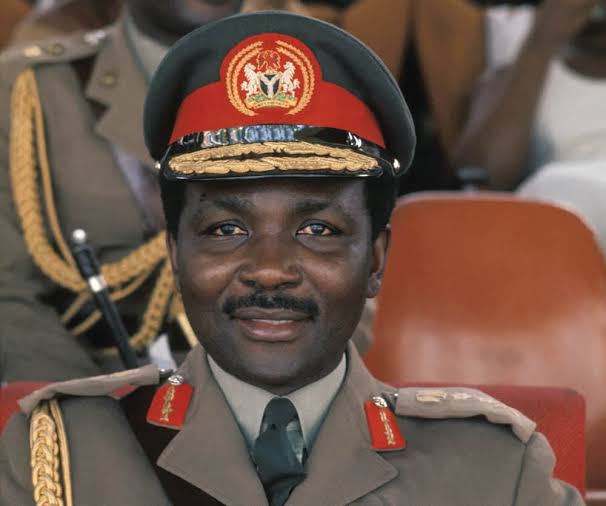Yakubu Gowon, sometimes known as Jack Gowon, is a former Nigerian Army general and military figure. He was born on October 19, 1934.
In his capacity as Nigeria’s head of state, Gowon presided over the contentious Nigerian Civil War and, in an effort to foster healing and reconciliation, made the infamous “no victor, no conquered” statement at the conflict’s conclusion.
Some claim that Gowon committed crimes against humanity and genocide during the Nigerian Civil War, which is among the deadliest conflicts in contemporary history.
Gowon insists that he did nothing wrong during the conflict and that it was his leadership that kept the nation alive.
Gowon, a Nigerian patriot and Anglican Christian from a minority Ngas family in Northern Nigeria, believes in the unity and oneness of Nigeria. Following the July 1966 counter-coup, Gowon rose to power, solidifying military control in Nigeria.
Because of this, Gowon is the longest-serving head of state in Nigeria, having been in power for nearly nine years before being deposed in a coup in 1975 by Brigadier Murtala Mohammed.
early years
Gowon is a Ngas (Angas) from the village of Lur, which is now part of Plateau State’s Kanke Local Government Area.
Early in Gowon’s life, his parents, Nde Yohanna and Matwok Kurnyang, left for Wusasa, Zaria as Church Missionary Society (CMS) missionaries.
His father took great satisfaction in the fact that he wed the future King George VI on the same day as the future Queen Mother Elizabeth.
Gowon was the fifth of a total of eleven kids.
He was born and raised in Zaria, where he also received his early schooling.
Gowon excelled in sports at school, playing goalie in football, pole vaulting, and long-distance running.
In his first year, he smashed the school mile record.
He was also in charge of boxing.
initial career
Gowon enlisted in the Nigerian Army in 1954, and on his 21st birthday, on October 19, 1955, he was commissioned as a second lieutenant.
He received his training at the esteemed Royal Military Academy in Sandhurst, England (1955–1956), the Staff College in Camberley, England (1962), and the Joint Staff College in Latimer, England (1965).
He participated in operations in the Congo as a member of the UN Peacekeeping Force in 1960–1961, as well as in 1963. In 1966, while still a lieutenant colonel, he rose to the post of battalion commander.
State leader
Gowon was appointed to lead the country in 1966. Before the turbulent events of the year suddenly thrust him into a leadership role, Gowon had strictly been a career soldier with no involvement in politics.
His unusual background as a Northerner who was neither of Hausa nor Fulani ancestry nor of the Islamic faith made him a particularly safe choice to lead a country whose population was seething with ethnic tension.
Gowon doubled down on his position as head of state of Nigeria. Commodore Joseph Wey, Brigadier Babafemi Ogundipe, and Colonel Robert Adebayo were all members of the administration and their military seniority to Gowon made things unpleasant.
Gowon was a Lt. Colonel when he rose to the top of the new Federal military government of Nigeria on August 1, 1966.
Gowon elevated himself to the rank of Major-General immediately before hostilities in the civil war began in 1967 and to the rank of full General at the conflict’s conclusion in 1970 in order to maintain his position as head of state.
Overthrow
Gowon was overthrown by a group of officers led by Colonel Joe Nanven Garba on July 29, 1975, while he was in Kampala for an OAU conference. Brigadier Murtala Muhammad and Brigadier Olusegun Obasanjo were chosen as the new government’s leaders by the coup plotters.
A period of exile
Later, Gowon fled to exile in the UK, where he studied at the University of Warwick for his Ph.D. in political science.
His primary domicile in the United Kingdom is on the boundary between Hertfordshire and north London, where he has assimilated with the local English population.
He held the position of Churchwarden for a time at St. Mary the Virgin, his parish church in Monken Hadley.
Private life
In 1969, Seth Irunsewe Kale presided a wedding ceremony between Gowon and Miss Victoria Zakari, a qualified nurse, at the Cathedral Church of Christ in Lagos.
